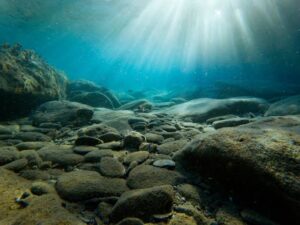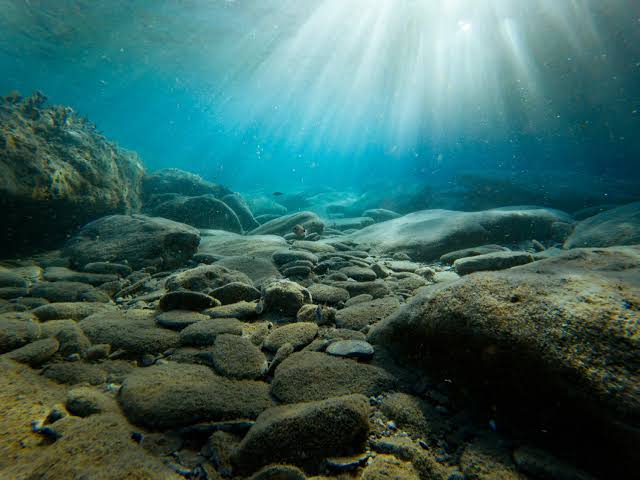Oceans worldwide are losing their natural light. Scientists reveal why marine darkness is increasing — and what it means for life underwater.
Ever wondered why the oceans are appearing darker than before? Recent studies show that global oceans are gradually losing their natural brightness — and it’s not just about pollution.
🔍 Here’s what scientists are discovering:
- Phytoplankton decline: These tiny ocean plants reflect sunlight and form the base of the marine food chain. Climate change is reducing their numbers.
- Melting ice caps: As polar ice melts, darker ocean water is exposed, absorbing more sunlight instead of reflecting it — increasing the ocean’s heat and darkness.
- Pollution & microplastics: Chemicals, plastics, and waste suspended in water reduce its clarity, blocking light from penetrating deeper layers.
- Increased sedimentation: Coastal development and deforestation send more dirt and particles into the ocean, clouding the water.
🎣 Why it matters:
Less sunlight in oceans means marine life struggles to survive, especially coral reefs and fish that depend on light for navigation and food cycles. It could also disrupt the global carbon cycle, as oceans play a major role in absorbing carbon dioxide.
🌐 Scientists warn this is a global issue with long-term consequences. The more we learn about it, the better we can act — from reducing carbon footprints to protecting ocean ecosystems.

Stay connected with Akhbaar Express for more fascinating science facts that matter.
